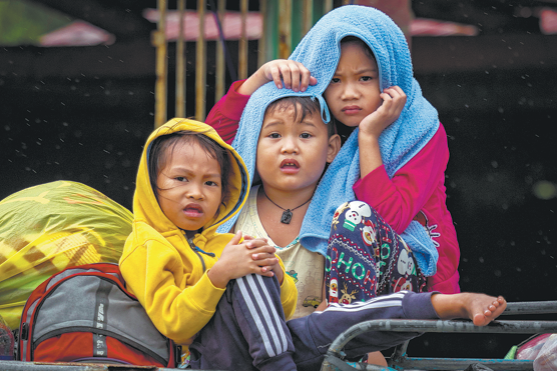Cholera vaccination campaign in Sudan's Khartoum to target 2.6 mln residents: health authorities


KHARTOUM - A cholera vaccination campaign was launched on Wednesday in Sudan's capital Khartoum, aiming to reach 2.6 million residents, according to Khartoum State's health authorities.
The 10-day campaign will be conducted in 12 administrative units in Omdurman, Umbada, Karari, Jabal Awliya, and East Nile localities, the health authorities said in a statement.
It reported a decline in cholera cases, noting that "the fatality rate due to complications from the disease has reached zero."
In a statement, Khartoum State Governor Ahmed Osman Hamza praised health authorities for containing the cholera outbreak and improving recovery rates.
He urged continued efforts to combat epidemics and maintain healthcare stability, while commending the support of international and national organizations, as well as the contributions of volunteers.
Fath Al-Rahman Mohamed Al-Amin, director-general of Khartoum's health authorities, described the launch of the cholera vaccination campaign as "the final blow to the outbreak."
On May 27, the health authorities reported 2,729 new infections and 172 deaths within a single week, with 90 percent of the new cases concentrated in Khartoum State.
The health authorities later announced that it had received over 2.9 million doses of the cholera vaccine.
According to the medical aid group Doctors Without Borders, the interruption of electricity and water services across much of Khartoum State has fueled the spread of epidemic diseases, including cholera, as residents have been forced to rely on unsafe water sources.
Khartoum State, particularly Omdurman city, has seen a rise in attacks by the paramilitary Rapid Support Forces (RSF), the latest being a drone strike on three power stations on May 15, which caused a citywide power outage lasting around 10 days.
Sudan has been engulfed in a brutal conflict between the Sudanese Armed Forces and the RSF since April 2023. The war has killed tens of thousands and forced millions to flee their homes, both within Sudan and across its borders.
































